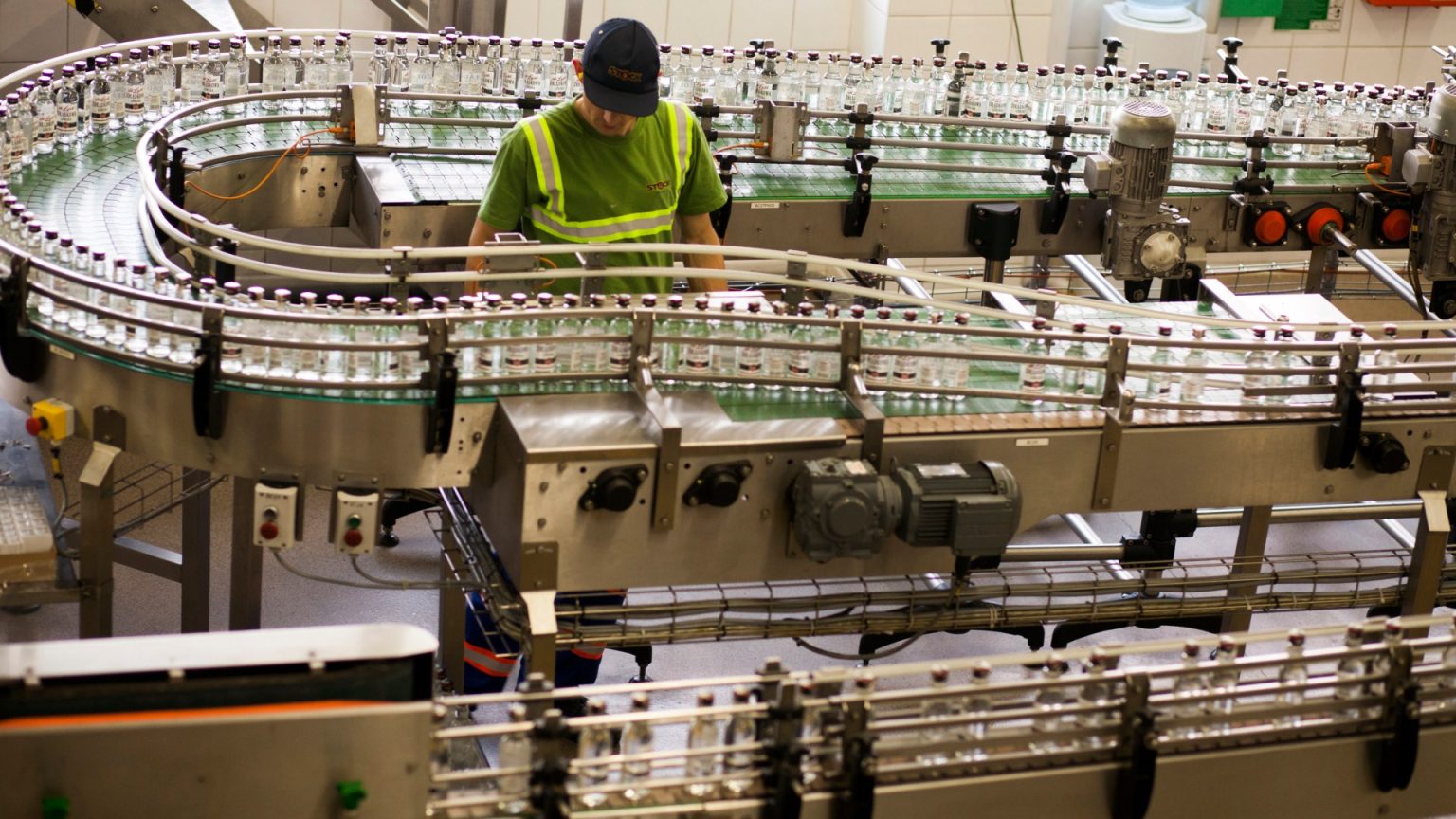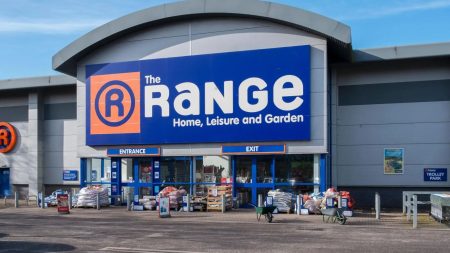Diageo, a global beverage alcohol company, has permanently closed the Chase Distillery in Hereford, England, consolidating production at its Diageo Scotland facility. This strategic move, aimed at “future-proofing” the Chase brand, involves reformulating recipes, redesigning packaging, and streamlining the supply chain to boost efficiency and unlock future growth opportunities. The closure, initially announced in June 2024, follows a period of financial challenges for Chase Distillery, which reported a pre-tax loss of £3.2 million in its most recent financial filings. Diageo initiated a comprehensive brand redesign program, culminating in the transfer of all production activities to Diageo Scotland Limited. Liquidation of the Chase Distillery entity is planned following the successful migration of operations.
The closure of Chase Distillery coincides with broader struggles within the craft beer and beverage industry, grappling with escalating costs and diminished consumer spending fueled by economic uncertainties. Magic Rock Brewery, known for its popular IPAs, has also signaled its intention to appoint administrators, a move that doesn’t necessarily guarantee closure but highlights the precarious financial position of many craft breweries. The announcement has elicited concern from craft beer enthusiasts and local communities, emphasizing the social and economic impact of these closures. Several other breweries and pubs, including ORA Brewing, Banks’s Brewery, Cellar Head Brewing Company, and even the large pub chain Greene King, have also shuttered locations or ceased brewing operations in recent times, illustrating the pervasive challenges facing the industry.
These closures reflect a wider trend of declining pub numbers across England and Wales, reaching below 39,000 for the first time. Government data reveals the ongoing demolition or repurposing of pubs, with over 34 closures per month in 2024, the highest rate since 2021. Rising operating costs, including increased National Insurance contributions, minimum wage hikes, and reduced business rates discounts, have created significant financial pressures on publicans, rendering many establishments unsustainable. This challenging environment makes pub properties attractive for alternative investment, further contributing to the decline in traditional pub numbers. The hospitality industry as a whole is facing significant headwinds, with rising costs impacting both producers and retailers, squeezing profit margins and forcing difficult decisions regarding closures and restructuring.
The closure of Chase Distillery by Diageo underscores a strategic shift towards consolidating production and optimizing brand performance in a competitive market. While the closure represents a loss for the local Hereford community, Diageo’s rationale centers on ensuring the long-term viability and growth of the Chase brand. The decision to integrate production within the larger Diageo Scotland operations reflects a broader industry trend towards consolidation and efficiency in the face of economic challenges. The broader context reveals a struggling hospitality sector, with breweries and pubs battling rising costs and changing consumer behavior. The closure of Chase Distillery, along with the struggles of other breweries and pubs, reflects the significant pressures on the industry.
The broader implications of these closures extend beyond individual businesses. The decline in pubs and breweries represents a loss of community hubs and social spaces, with potential repercussions for local economies. The rising costs and changing consumer habits are reshaping the landscape of the hospitality industry, forcing businesses to adapt or face closure. Diageo’s decision with Chase Distillery reflects a strategic response to these challenges, prioritizing efficiency and long-term brand health. The challenges facing the craft beer and pub sector highlight the need for innovative solutions and government support to ensure the survival of these businesses and the vital role they play in communities.
The closure of the Chase Distillery by Diageo represents a microcosm of the broader challenges confronting the hospitality industry in the UK. While Diageo emphasizes the strategic rationale behind the closure, highlighting the need to “future-proof” the Chase brand through consolidation and efficiency, the broader context points to systemic issues facing the industry. Rising costs, changing consumer preferences, and economic uncertainties have created a challenging environment for businesses operating in this sector, leading to closures, consolidations, and job losses. The situation underscores the need for both businesses and policymakers to address these challenges and find sustainable solutions to ensure the long-term viability of the hospitality sector.











